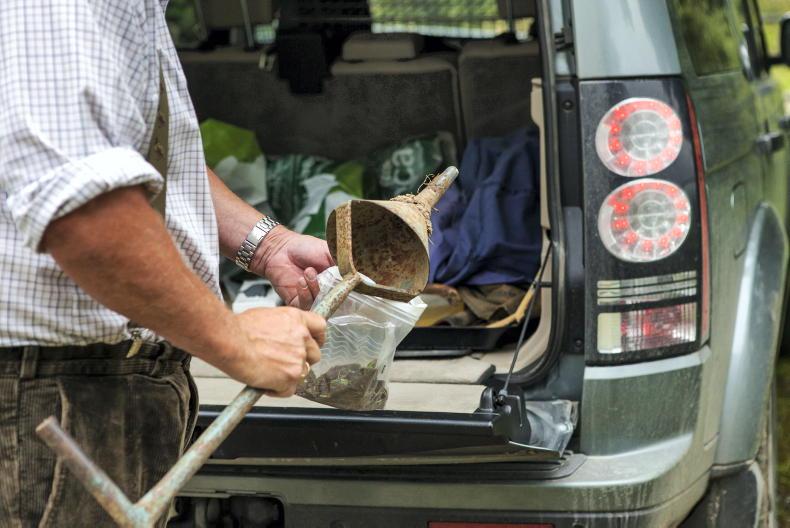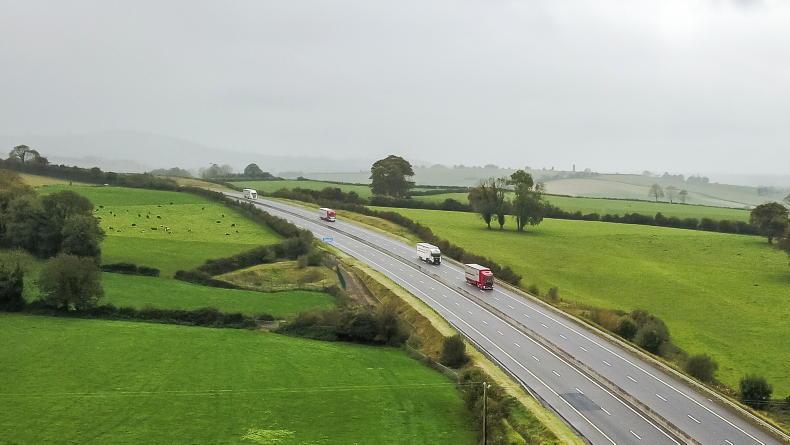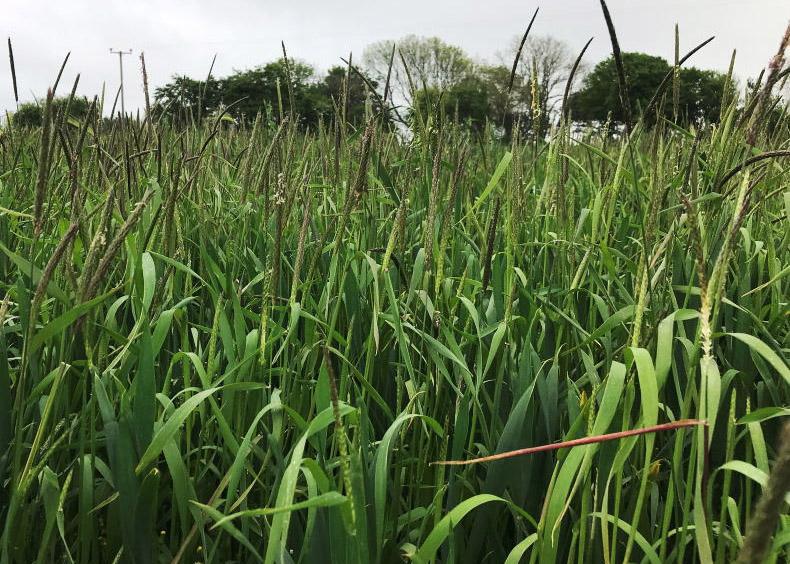The Department of Agriculture’s decision to delay the introduction of the National Veterinary Prescribing System (NVPS) is wise. Nobody, neither farmers, vets or pharmacies/merchants, seem ready for the new system.
Farmers only see more red tape and more paperwork which is not only time-consuming, but brings the prospect of cross-compliance penalties if innocent mistakes are made.
The Department is right to have concerns around the use of prescription products. We must minimise any risk of microbial resistance to medicines.
Resistance is not just an issue for humans – wormer resistance is already a genuine problem, particularly in our sheep flock. So best practice at all times must be the ambition.
The central problem is whether the network of farm vets, already stretched to breaking point in parts of the country, can cope with the extra requirements placed on them.
Not every animal health decision requires a vet to make an on-farm visit, but they must sanction the application of any veterinary medical product.
More than half of our farmers are part-time, and tend to carry out herding of sheep and cattle on weekends, particularly in the winter months.
Bringing in the sheep or penning the cattle happens when family help is around.
From a farm safety point of view this is sensible, particularly where the farmer is older.
But this leaves vets with the prospect of being swamped with requests for prescriptions for wormers or pour-ons on Saturdays.
And what about merchants who carry important animal remedies?
Their network is more comprehensive than veterinary clinics, but they report being utterly unprepared for what’s coming, and fear it may shut many of them down from carrying any medicines.
There are still many parts of the country with sketchy phone and data coverage
And what about connectivity? There are still many parts of the country with sketchy phone and data coverage.
Prescription process
I understand the prescription request process takes 13 steps. Will vets be faced with driving up the road before they can complete this process?
Perhaps the key is to ?take the fear out of the operation of the new rules.
One simple option would to be to make the system advisory for the first 12 or 24 months. Everyone is required to operate within the rules, but a quiet talking to from a sympathetic referee suffices rather than a card being issued.
Finally, will the new system fully address the potentially serious issues in relation to medicines coming south from Northern Ireland? The danger is that the Department of Agriculture will have its finger in the dyke, preventing a trickle, while a river flows unchecked across the border.
Hopefully, this will not prove to be another example of the tendency in this country to load more regulation on those who are already compliant, while being slow to address any of the national herd of elephants in the room.









SHARING OPTIONS